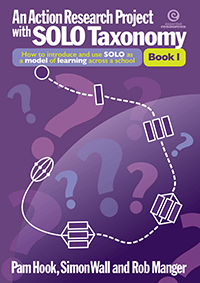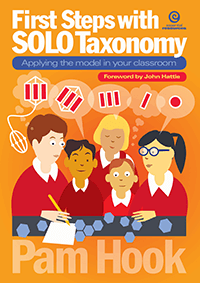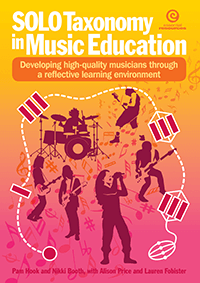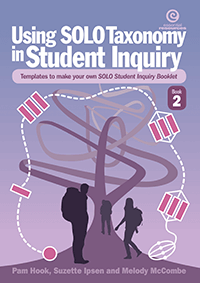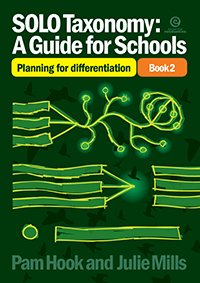
SOLO Taxonomy in the Social Sciences
Strategies for thinking like a social scientist
SOLO Taxonomy in the Social Sciences shares practical strategies for using SOLO to enhance students' outcomes at each stage of their social inquiry, including when they collect quantitative and qualitative data and analyse their findings to identify causes, predict occurrences and develop evidence-based intervention programmes to address the phenomena in some way. Maintaining a strong focus on what actually happens in the classroom, the book is enriched by examples of student work that has resulted from SOLO-designed social inquiry.
|
NZD incl GST
|
Add to cart | |
| or more | each |
